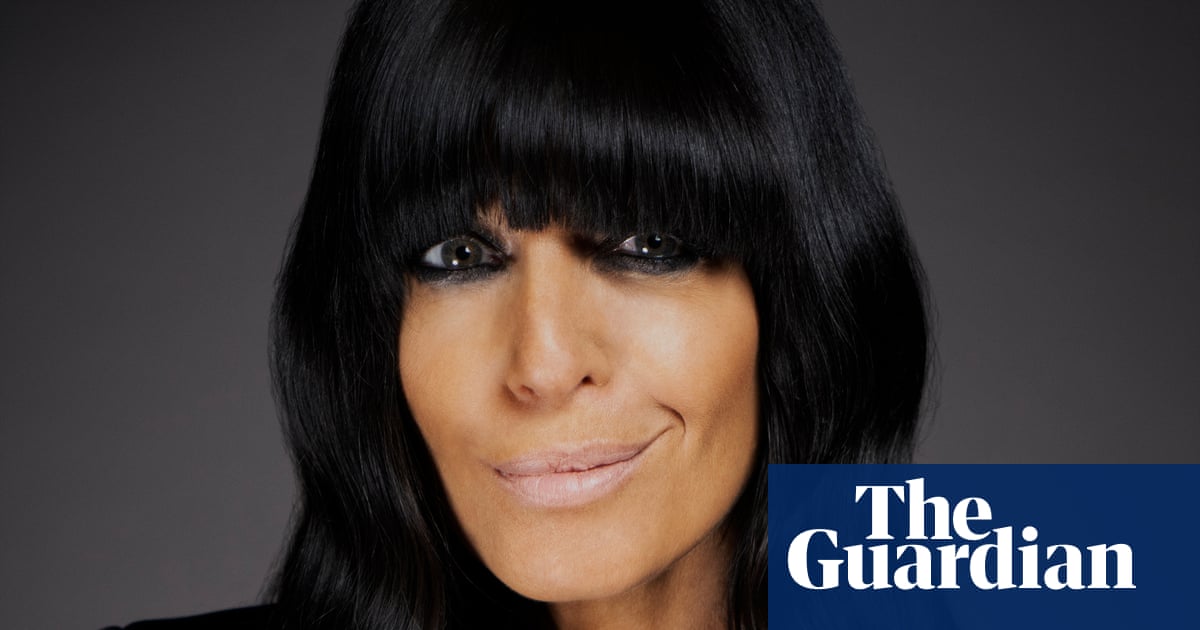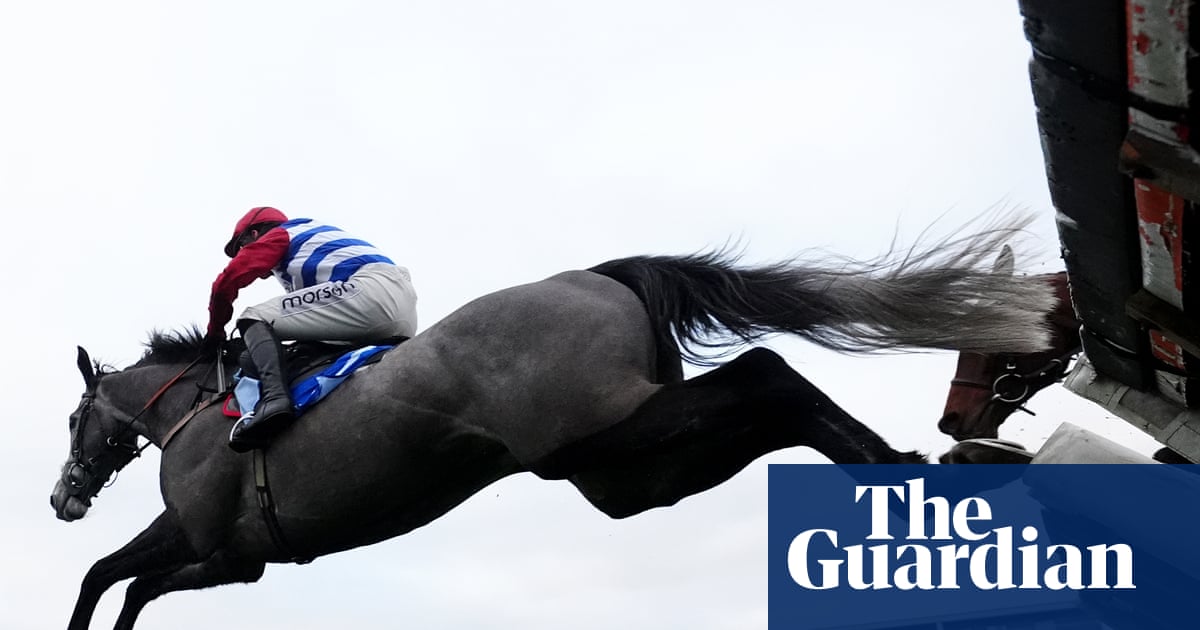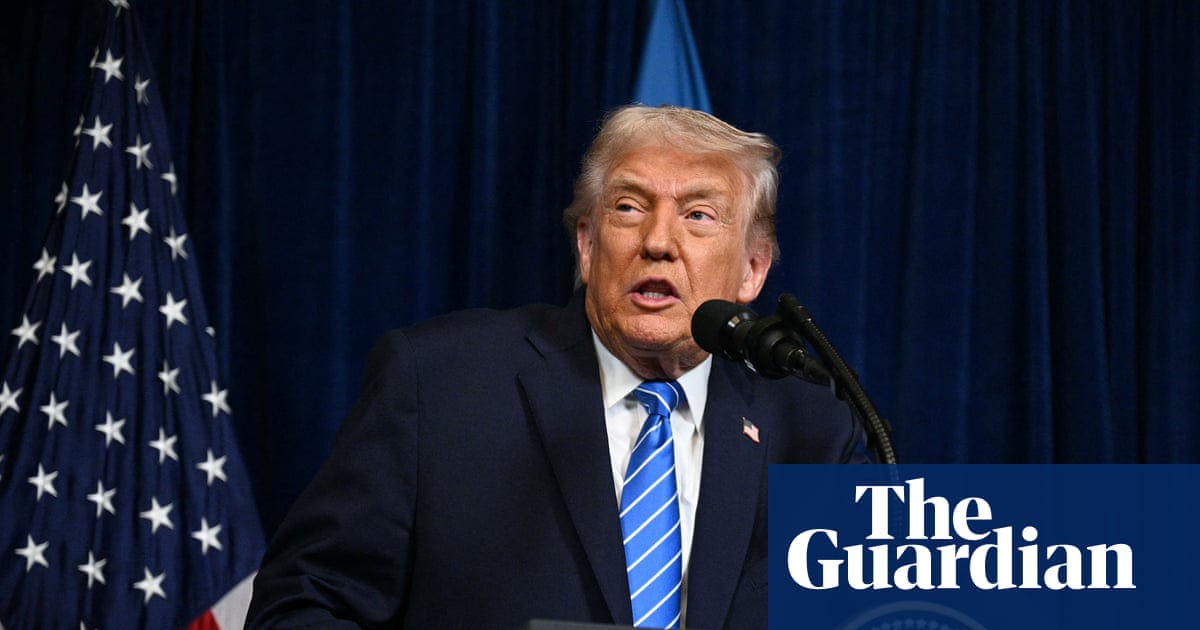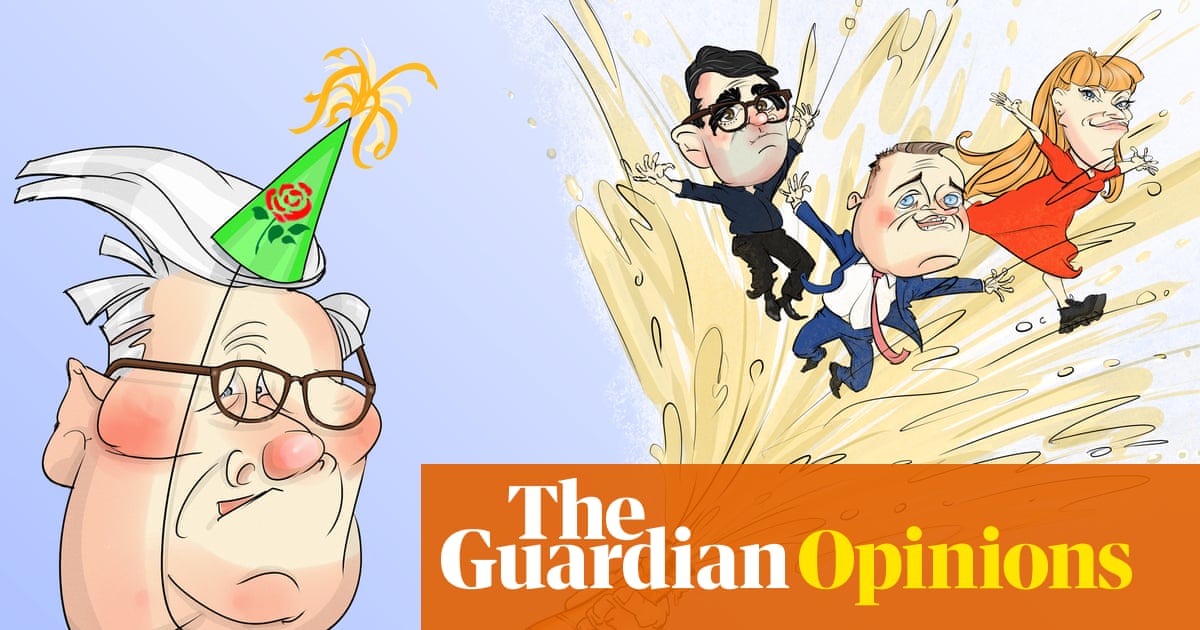The former Guardian journalist and historian Richard Gott has died aged 87.
Gott’s career at the Guardian began in 1964 and included spells as foreign correspondent, leader writer, features editor and literary editor.
He is remembered as one of the most informed of all commentators on Latin American affairs – a dashing, charismatic figure of the left who met Che Guevara in 1963 and was in Bolivia on the day the Cuban revolutionary was executed by US-backed forces in 1967. Gott was the only journalist able to identify the body on display.
Gott resigned from the Guardian in 1994 after the Spectator magazine accused him of being a paid KGB informer. The claim was based on information provided by the Soviet defector, Oleg Gordievsky. Gott denied the accusations, seeing it as a “bizarre revival of the McCarthyism of the 1950s”.
But Gott also, in his resignation letter, admitted he had accepted Soviet-paid trips to Vienna, Athens and Nicosia. He acknowledged taking “red gold, even if it was only in the form of expenses”.
His friend and colleague John Gittings, a former foreign leader writer and China specialist at the Guardian, said many journalists during the cold war had been approached by Soviet, British and American agents.
“He took it quite lightly,” he said. “Too lightly. His sympathies were always with the revolutionaries rather than a regime, whether western or Soviet.”
One of Gott’s proudest achievements at the Guardian was setting up the Agenda page, a Monday page of opinion and comment. Gott wrote: “I liked bringing in people beyond the usual consensus of the paper, so on a good day we would have both EP Thompson and Enoch Powell. Centrists got furious.”
Writing about his resignation, Gott maintained he had been falsely accused, and pointed out that Michael Foot, the former Labour leader, had successfully sued the Sunday Times, which had accused him of being a KGB agent of influence.
“I was brought up on the tradition that journalists should not sue,” Gott said. “Michael thought otherwise, sued, and won.”
Gott had a number of spells away from the Guardian, including standing for election in a 1966 Hull North byelection for a group called the Radical Alliance, in protest at the Harold Wilson government’s support of the US war in Vietnam.
He was the author of a number of acclaimed books including the authoritative Cuba: A New History in 2004.
In his 20s, newly graduated, he co-authored the bestselling book The Appeasers with Martin Gilbert, the eminent historian who became the official biographer of Winston Churchill.
Gittings said Gott was charming and amusing, “committed to the cause of people, especially the people of Latin America”.
after newsletter promotion
Ian Mayes, The Guardian historian who chronicled Gott’s resignation in his recent book, Witness In a Time of Turmoil, said Gott had resigned because he had failed to tell the paper’s then editor, Peter Preston, of his meetings with KGB agents, which he regarded as harmless, conversational and useful to him as a journalist.
“Gott came to think his resignation had been premature and ill-advised,” said Mayes. “Many of his colleagues agreed and he was soon writing for the paper again. His resignation had brought protests from many readers who missed the implacable independence of his reportage and his lucid prose.
“It was his knowledge and expertise with regard to Latin America that led Preston to refer to him as El Gotto.”
Alan Rusbridger, the editor of the Guardian from 1995-2015, described Gott as “a really significant figure in the Guardian’s history in the second half of the 20th century”.
He said: “He had a brilliant mind and a voracious interest in politics, both internationally and domestically. He was a world-acknowledged expert in South American affairs and an often mischievous features editor.”
Richard Norton-Taylor, the Guardian’s former defence correspondent, said Gott was “a steadfast and refreshingly sceptical journalist, never afraid of being provocative”.
He added: “His questioning of conventional wisdom made him a much-needed participant in editorial meetings. As the Guardian’s features editor, he encouraged contributions that promoted healthy debates, including on issues rarely aired elsewhere.”

 1 month ago
68
1 month ago
68

















































